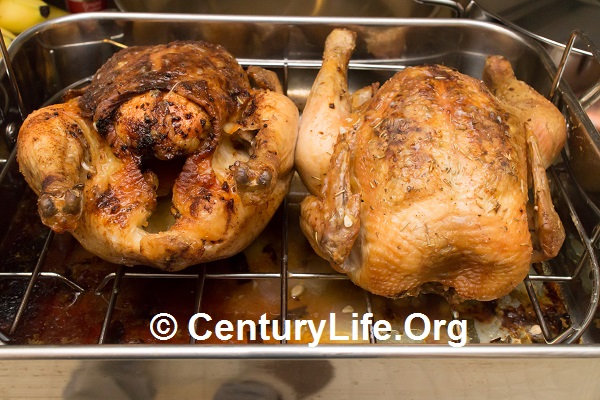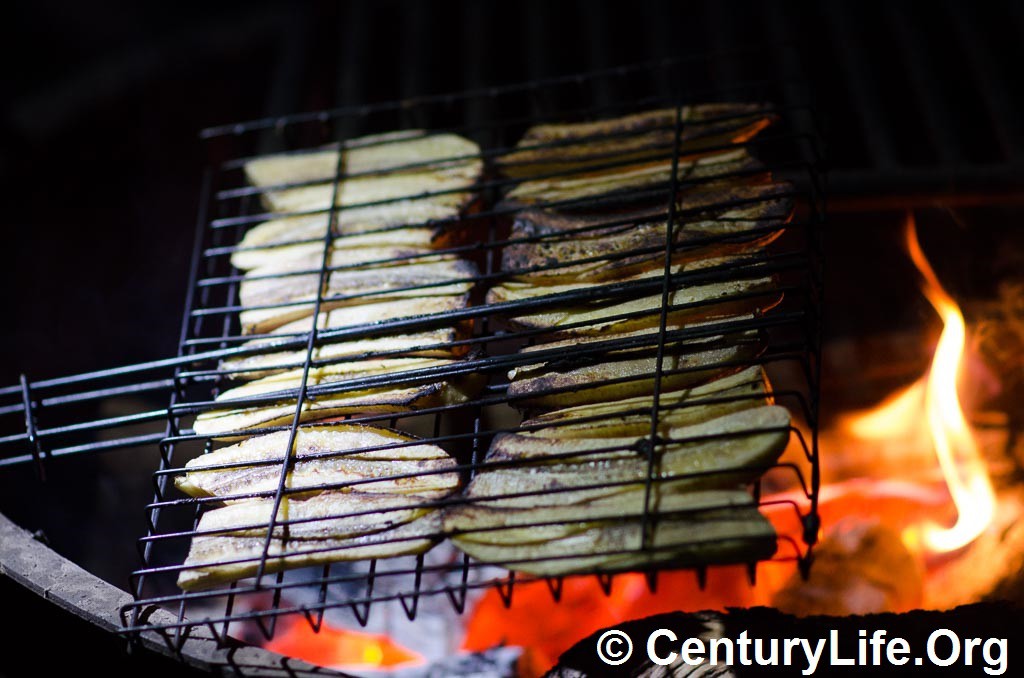DEBUNKING THE MYTH THAT INDUCTION IS MORE EFFICIENT THAN ELECTRIC COIL
Does pot material matter for sous vide cooking?
If you’ve ever heated water for sous vide, you may have wondered if it makes a difference what kind of pot you use.
Heat retention myths and facts: Does cast iron hold heat better than clad? Is clad better than disc-base at retaining heat longer?
There are many half-truths when it comes to cookware heat retention. Here are a couple of myths that need busting:
Myth: Cast iron cookware holds more heat than aluminum. So if you want food to stay hot, use an enameled cast iron pot.
Fact: It depends on the mass of the cookware and what you’re cooking…
Maillard Reactions (Why Food Tastes Good)
Cooking food tends to kill pathogens and improve digestibility, so it’s no surprise that humans have evolved to like the taste of cooked foods. But why does cooked food taste so yummy?

Does cooking food create toxins and carcinogens?

Does cooking food release toxins and carcinogens?
The short answer is “yes,” based on numerous government studies around the world (including the U.S. CDC, NIH, EPA, etc.), but only if you cook at higher-than-steaming/boiling temperatures. Studies indicate probable links between cancer rates and food fried/grilled at high temperatures (see below).
Thus if you’re serious about maintaining good health, you may want to reduce high-temperature cooked foods in your diet. It doesn’t mean you have to avoid such foods entirely, because your body can detoxify itself to some extent, via organs like the liver. But the less you abuse your body, the greater your chance of having a healthy life and old age.
There are four common ways to get carcinogens in your diet:
One Weird Trick to reduce the number of calories in rice! (Seriously. Washington Post article.)
I’ve been meaning to write an entry elaborating about how food can have different calories or bioavailability of nutrients when cooked or combined (e.g., salads are more nutritious if you add a little dressing), but this WaPo article does a fine job of that already. I find it ironic that some people in the world have trouble getting enough calories, while others try to reduce the calories in what they like to eat.